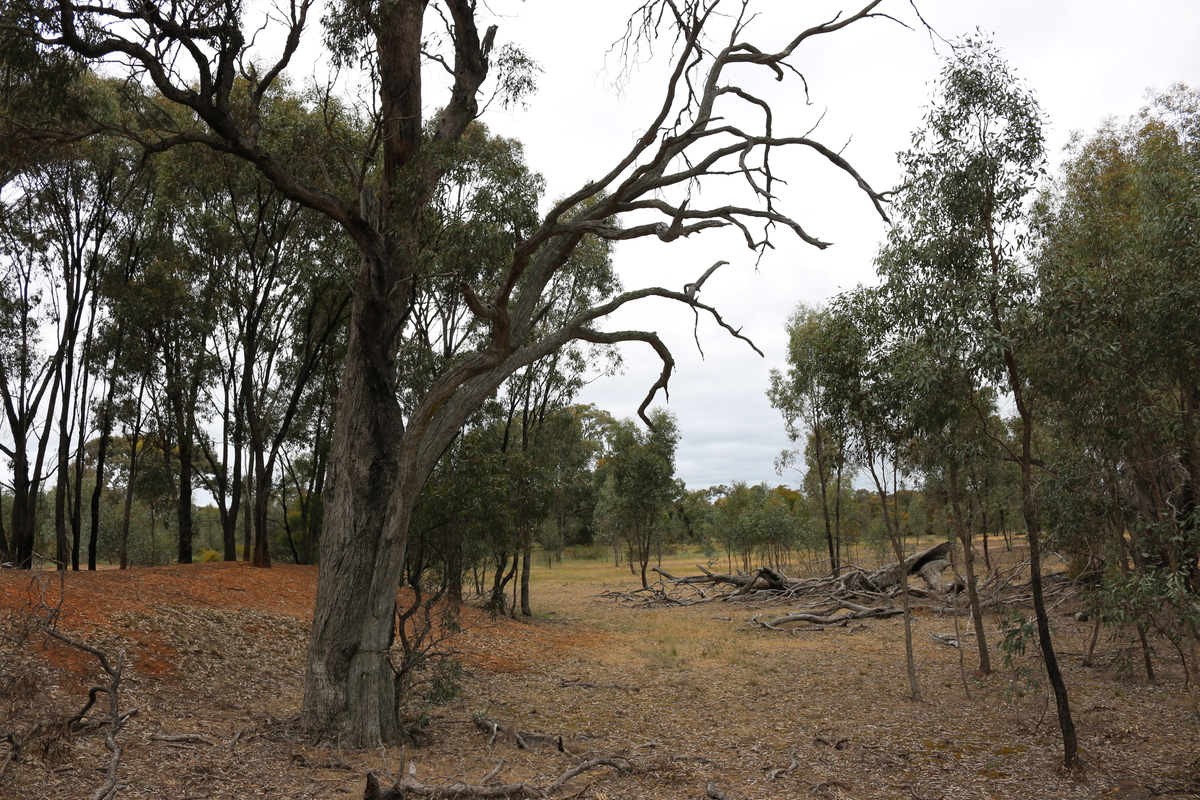Thanks to an uptick in more conscious coffee producers and distributors, it’s now easier than ever to make sure your morning cuppa is ethical from the first sip to the last drop. Bank Australia customer and 2021 community customer grant recipient For Change Co. spills the beans.
The first ingredient in your ethical cup of coffee comes from the earth itself, in the form of a humble little berry. Also known as coffee cherries, the raw bean in the middle of the fruit is extracted for processing and roasting. But how this process is undertaken is extremely important.
“People want to know where their beans are from, and that the farmers are being paid fair wages,” says Fiona Walker, operations manager at For Change Co., a Melbourne-based social enterprise training at-risk youths in hospo skills. For Change Co. has cafes in Brunswick and Melbourne’s CBD, and is able to open a new venue at an old tram stop in Middle Park.

“If you’re buying beans, my advice is to look up the coffee company online. Companies should be transparent about where they’re sourcing their beans; and if they’re not, you know maybe not to go there!”
Melbourne is spoiled for choice when it comes to amazing roasters, like Five Senses, where For Change Co. get their beans.
“Five Senses really align with our values and are amazing at supporting our venues,” Fiona says. “They’re a very transparent company that are about impacting people positively and producing sustainable coffee.”
Single origin or blend?
Single origin, which is usually used in filter coffees, is from one country while blends are from multiple countries.
“We use Darkhorse from Five Senses at the café, which is a blend of three beans from three countries: Colombia, Guatemala and Nicaragua,” Fiona explains. “It’s got great flavours and it’s full bodied, so if you have it black or with milk, it really helps those flavours stand out.”
Fairtrade or Rainforest Alliance?
You’ll likely see many beans in your travels with Fairtrade or Rainforest Alliance badges – but which is better?
Both organisations are committed to making coffee production more sustainable, however Fairtrade’s focus is on fighting for better wages and working conditions for farmers and workers, while Rainforest Alliance works towards conservation, wildlife protection and transforming business practices. In a nutshell? Both are good.

Milk or mylk?
When it comes to sustainable milks, oat mylk wins by a landslide. You don’t need a whole lot of room to grow it and you can get a lot out of one crop. “Oat mylk can be produced here, whereas soy usually needs to be imported,” Fiona explains. “Oat mylk is coming up in popularity so much as well.”
And if you prefer dairy, Fiona suggests looking to local dairies. “Some of the bigger milk companies water down their milk, but if you’re getting your milk from smaller, local dairies, you’re more likely to get that fresh, creamy milk. That’s what you want in your coffee to create the best blend.”
The perfect blend
For the best cup of coffee, Fiona has this advice. “Shop locally. It’s a good thing to do and it really helps small businesses in this current climate. If you can support a local roaster who’s sourcing their beans ethically and providing farmers with fair wages, then you’re going to feel really good about drinking that cup of coffee.”

Checkout the awesome work For Change Co. are doing now – and make sure you popinto their new Middle Park digs for a coffee when they open in summer.








